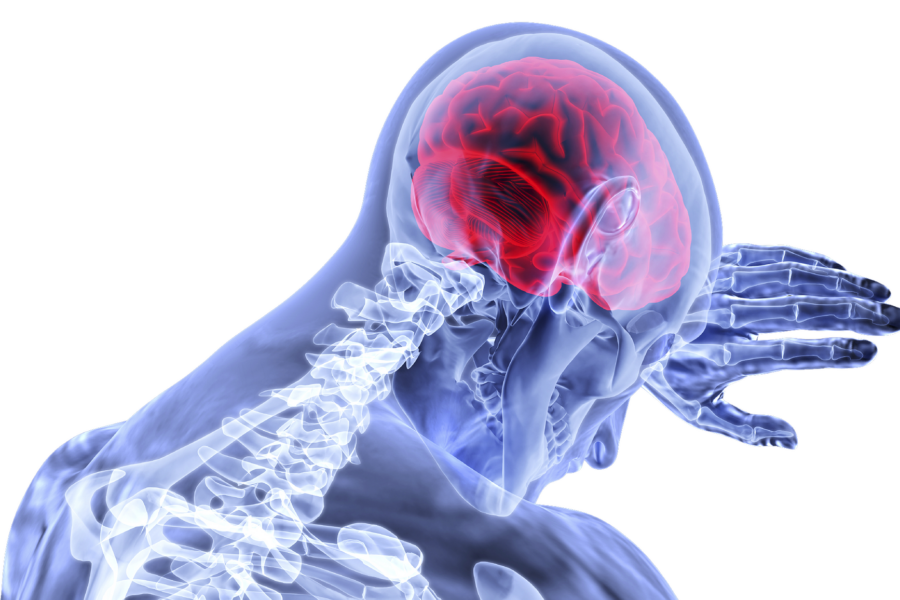At Case Conference on August 16, Drs. Hankins and McCreery presented excellent cases of viral CNS infections combined with a great review of pertinent literature. Here are the key clinical pearls from their presentations.
Dr. McCreery on viral and bacterial meningitis:
- Empiric dexamethasone appears to be beneficial in S. Pneumoniae and H. Influenza meningitis but should be stopped if found to have viral meningitis or meningitis caused by other bacteria.
- The addition of an aminoglycoside in the treatment of Listeria bacteremia and neurolisteriosis was associated with improved mortality in the MONALISA study – France (OR 0.60 (0.38-0.94) p 0.024) n = 679. When neurolisteriosis was examined (n=-252 cases), some with bacteremia and some without, the addition of an aminoglycoside was not reported to have been associated with improved outcomes.
- Mild HSV-2 meningitis likely does not require treatment, however there may be some benefit among immunocompromised patients related to preventing neurologic sequelea.
- Suppressive valacyclovir after HSV-2 meningitis was associated with increased recurrence after cessation.
- Data is lacking regarding the utility of suppressive valacyclovir therapy in the treatment of non-genital HSV-2 infection during pregnancy

Randy McCreery MD, UNMC 1st Year ID fellow.
Dr. Hankins on Influenza Encephalitis:
- Diagnosis of exclusion in patients with altered level of consciousness and a positive influenza antigen or PCR.
- Most often occurs in 24-48 hours after febrile incident.
- 95% of patients with influenza encephalitis are younger than 21 years old.
- Associated with bilateral thalamic necrosis on MRI.
- Guidelines suggest that oseltamivir may be beneficial. Other studies suggest that methylprednisolone pulse therapy may be beneficial.

Richard Hankins, MD
2nd Year ID Fellow
